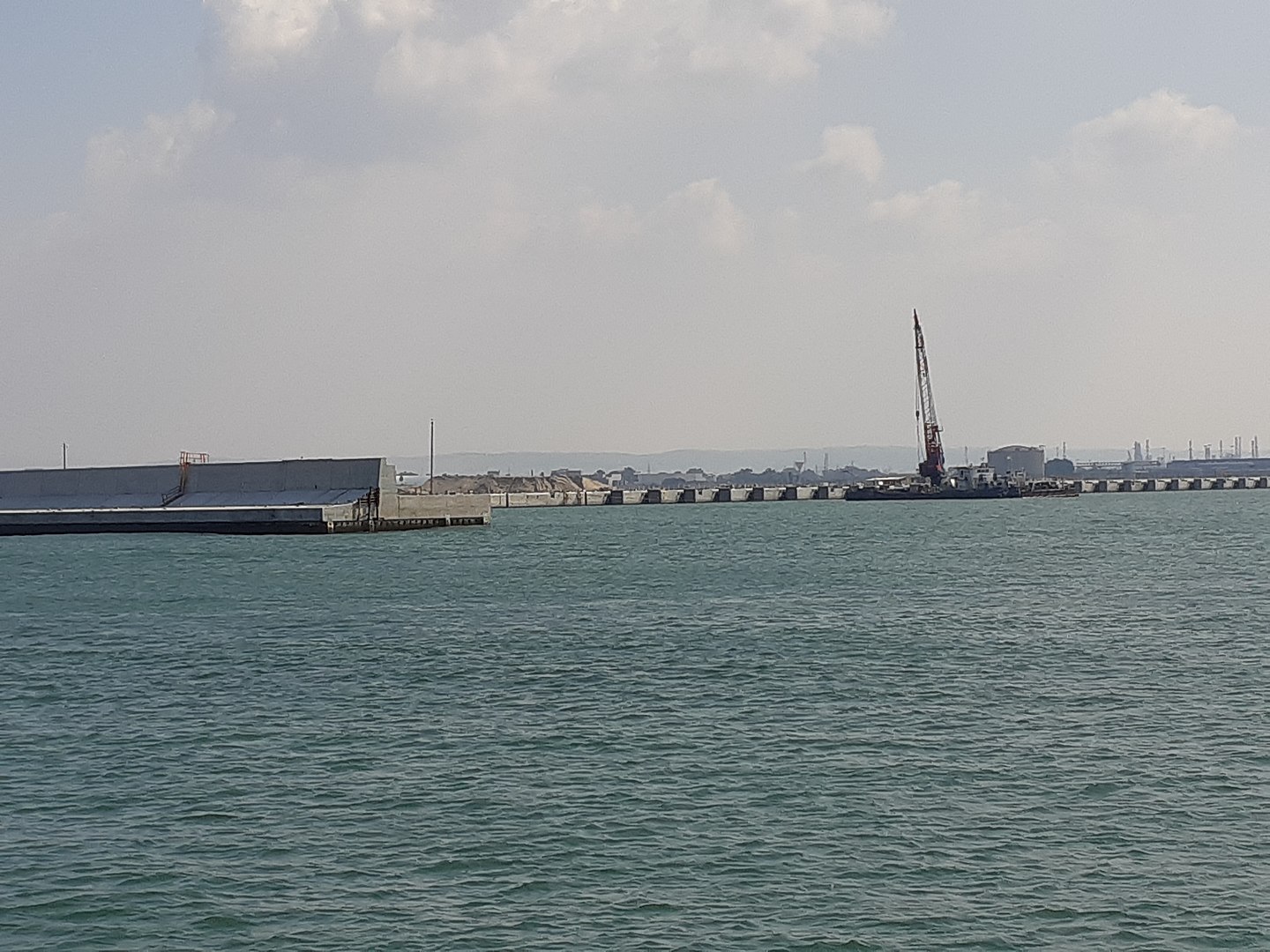
This emerges from a joint report of the Center for National Security Studies and the Chaikin Chair in Geo-Strategy of the University of Haifa
The corona crisis may accelerate the process of American disengagement from the Middle East, as a result of the administration’s policy to focus on the country’s internal economic problems, and at the same time, accelerate China’s penetration into the region, which could hurt Israel’s strategic level. From a joint report It is headed by Prof. Benny Miller, Head of the Center for National Security Studies at the University of Haifa, and Dr. Moran Zaga of the Chaikin Chair in Geo-Strategy of the University of Haifa.
The report reviews the strategic implications of the corona crisis on the Middle East by a large number of researchers who have focused on all the players in the arena, creating a holistic and comprehensive look at the possible outcomes. As mentioned, the salient trends noted by the researchers relate to the struggle for geopolitical influence in the region between the United States and China, with a focus on the effects on Israel. According to Prof. Miller, the most notable trend that the Corona crisis will only intensify is the United States moving away from the region. “If Trump’s campaign slogan was AMERICA FIRST, the Corona crisis would make it AMERICA ONLY. But even if Joe Biden is elected, the economic, health and social crisis will also cause him to focus mainly on the internal arena. ” In contrast, Prof Miller notes, China has long been working to improve its strategic position in the Middle East – as elsewhere in the world – and the withdrawal of the United States will create a strategic vacuum into which China will try to enter. “The Corona crisis is exacerbating the conflict between the United States and China, and as China enters the Middle East, there will be an escalation in relations between them on Middle East-related issues as well. “We are witnessing a new kind of ‘cold war’ between the United States and China,” he said.
The report shows that the struggle between the United States and China will of course have strategic implications for Israel. “China is not anti-Israel, but it certainly does not have the special relationship that the United States has with Israel. “Israel’s strategy, certainly in recent years, has relied heavily on the United States,” said Prof. Miller, adding that “in the fight against Iran, Israel’s strategy rests not only on the power of the United States, but also on the United States ‘bringing’ the Sunni states with it. The moderation. However, the continued withdrawal of the American people and the Chinese entry may cause the Sunni countries to choose China. These policies have no ideological commitment to the United States, and certainly the whole issue of human rights, democracy, etc. – which nevertheless constitutes some limitation in relations with the United States – does not exist at all vis-à-vis the Chinese. Their connection to the West was the supply of a security umbrella in exchange for oil. This umbrella also by itself as China can provide them. “Because China already has close relations with Iran, such a move weakens Israel’s strategy,” said Prof. Miller.
Regardless of Chinese interests, the corona crisis is already causing Sunni countries to move closer to Iran, Dr. Zaga adds. “We are seeing Sunni countries approaching Iran. In fact, apart from Saudi Arabia which is still in conflict with Iran, the rest of the Gulf states are in the process of reconciliation with Iran under the legitimacy of a joint struggle in the corona crisis. “The process of the United States moving away from the arena is causing many Gulf states to re-evaluate their regional ties and consider whether it is possible to trust the United States or whether it is better to approach Iran in the absence of a defense umbrella,” she said.
To all these issues must be added the fact that there is already another power in the Middle East – Russia – which in fact creates a situation where three powers are competing for geopolitical influence in the Middle East. “At this stage, there is a common Russian and Chinese interest – to undermine American hegemony. What will happen if they succeed? It should be remembered that in the past Russia and China have struggled quite a bit with each other. It is quite possible that this will also be the case in the present case, “said Prof. Miller.
[custom-twitter-feeds feed=2]





